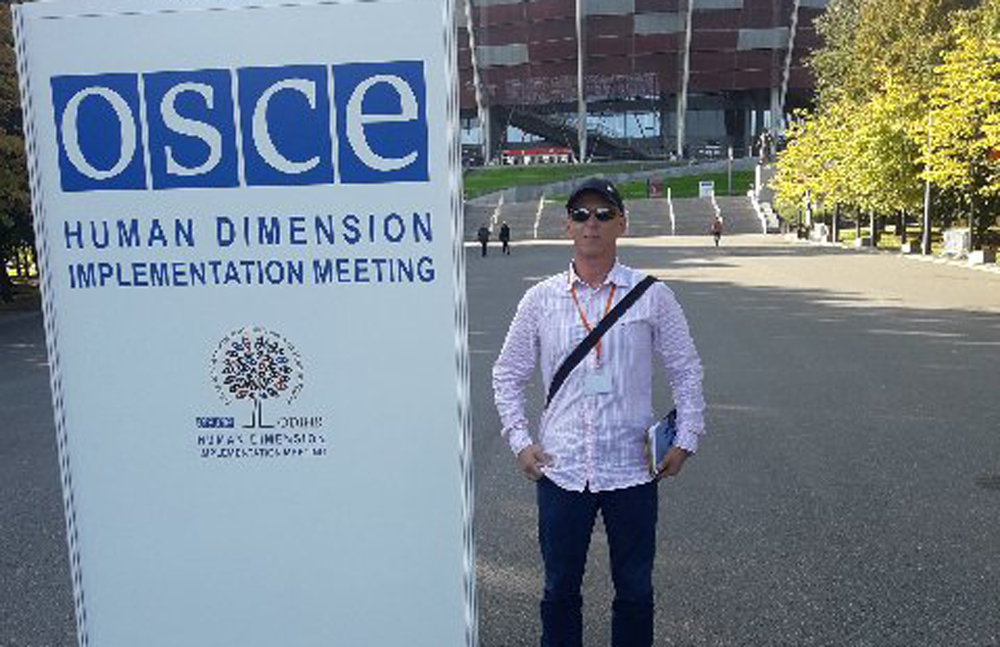Foreign Secretary Harsh Vardhan Shringla and Army chief General MM Naravane meet Myanmar State Counsellor Daw Aung San Suu Kyi [Photo: Twitter/India in Myanmar]By — Shyamal Sinha
Army Chief General MM Naravane and Foreign Secretary Harsh Vardhan Shringla during their visit to Myanmar presented 3,000 vials of Remdesivir to the State Counsellor Daw Aung San Suu Kyi as a symbol of “India’s commitment to assist Myanmar in its fight against the pandemic”.
The Indian dignitaries also indicated India’s willingness to prioritise Myanmar in sharing vaccines as and when these become available.
During their two-day visit, Naravane and Shringla called on State Counsellor Daw Aung San Suu Kyi and the Commander in Chief of Defense Services Senior General Min Aung Hlaing. Naravane also met Vice Senior General Soe Win, Deputy Commander-in-Chief, Myanmar Armed Services. Shringla met U Soe Han, Permanent Secretary of Ministry of Foreign Affairs of Myanmar.
According to an official statement issued by the Ministry of External Affairs (MEA), “Shringla and Naravane presented 3,000 vials of Remdesivir to the State Counsellor, symbolic of India’s commitment to assist Myanmar in its fight against the pandemic. FS indicated India’s willingness to prioritise Myanmar in sharing vaccines as and when these become available.”
Meanwhile, Myanmar appreciated India’s decision to provide debt service relief under the G-20 Debt Service Suspension Initiative, for the period up to December 31, 2020, the statement read.
India and Myanmar also agreed to further strengthen their partnership in connectivity projects, capacity building, power and energy, deepen economic and trade ties, further facilitate people to people and cultural exchanges, and broad-base their defense exchanges across all the three services.
India and Myanmar have also agreed to deepen cooperation to overcome the challenges posed by the COVID-19 pandemic.
The MEA further said, “Both sides also discussed progress in the ongoing Indian-assisted infrastructure projects such as the Trilateral Highway and the Kaladan Multi-Modal Transit Transport Project. They exchanged views on an early initiation of work on fresh initiatives such as the upgradation of Yamethin Women’s Police Academy, Basic Technical Training School and measures to provide long term sustainability to projects such as the Myanmar Institute of Information Technology. They agreed to work towards operationalisation of Sittwe Port in the Rakhine State in the first quarter of 2021.”
During the visit of Naravane and Shringla, the project agreement on the upgrading of agricultural mechanisation under the Rakhine State Development Programme (RSDP) was also signed.
“Both sides noted the considerable progress made under the Rakhine State Development Programme (RSDP) and proposed finalising projects under Phase-III of the programme, including setting up of a skills training centre. FS conveyed India’s support for ensuring safe, sustainable and speedy return of displaced persons to the Rakhine State,” the statement said.
The two sides also discussed maintenance of security and stability in their border areas and reiterated their mutual commitment not to allow their respective territories to be used for activities inimical to each other. India expressed appreciation to Myanmar for handing over of 22 cadres of Indian insurgent groups to India, the statement read.
Besides, India also announced a grant of USD 2 million for the construction of the border haat bridge at Byanyu/Sarsichauk in Chin State that will provide increased economic connectivity between Mizoram and Myanmar. “A quota of 1.5 lakh tonnes of Urad (Vigna mungo) for import from Myanmar till March 31 in 2021 was also announced. The Centre of Excellence in Software Development and Training in Myitkyina, was virtually inaugurated. FS also inaugurated the Embassy Liaison Office in Nay Pyi Taw along with U Soe Han, Permanent Secretary, Ministry of Foreign Affairs of Myanmar,” the MEA stated.
Myanmar expressed appreciation for Indian assistance in the preservation of cultural heritage, including the repair and conservation of Bagan pagodas that had been damaged in the 2016 earthquake.
The two sides discussed plans to install a bust of Lokmanya Tilak in Mandalay to commemorate his 100th death anniversary as it was during his incarceration in Mandalay jail that Lokmanya Tilak wrote Gita Rahasya, an exposition of the Bhagvadgita.
Shrimadh Bhagvad Gita Rahasya, popularly also known as Gita Rahasya or Karmayog Shashtra, is a 1915 Marathi language book authored by Indian social reformer and independence activist Bal Gangadhar Tilak while he was in prison at Mandalay, Burma. It is the analysis of Karma yoga which finds its source in the Bhagavad Gita, a sacred book for Hindus. According to him, the real message behind the Bhagavad Gita is Nishkam Karmayoga (selfless action), rather than Karma Sanyasa (renouncing of actions), which had become the popular message of Gita after Adi Shankara.
Other areas of cooperation in culture that were discussed included translation of Indian epics into the Burmese language, the MEA said.
Shringla congratulated Myanmar for successfully holding the fourth meeting of the 21st Century Panglong Peace Conference and assured India’s continued support in sharing experiences in constitutionalism and federalism to assist Myanmar in its democratic transition.
The visit of COAS and FS to Myanmar reflects the high priority both countries attach to sustaining the momentum in their expanding bilateral ties, the MEA said.
source — (ANI)














